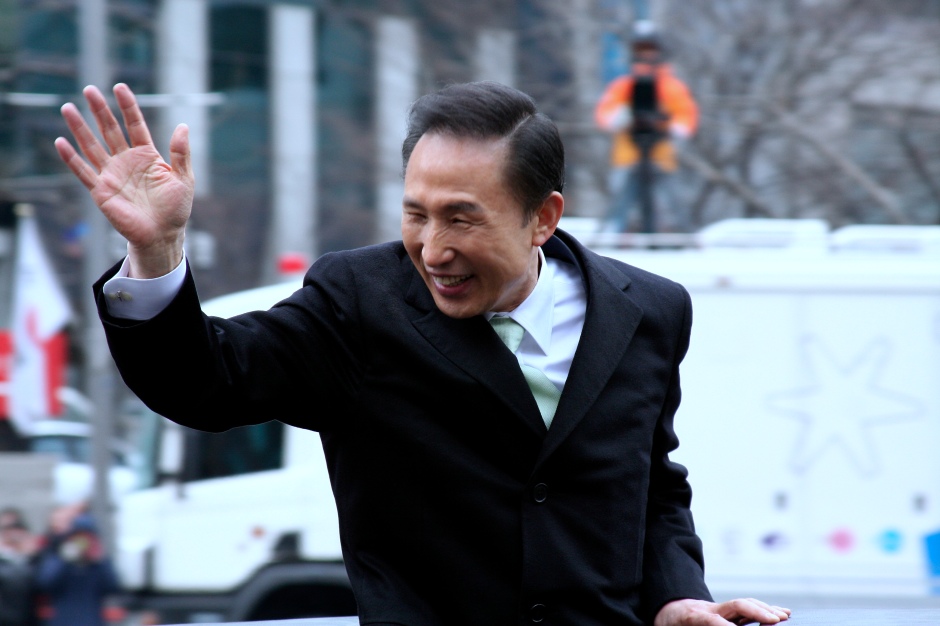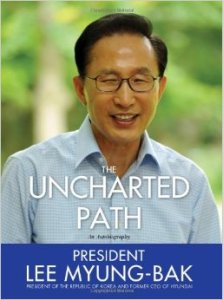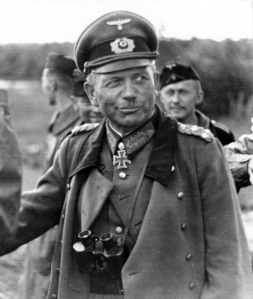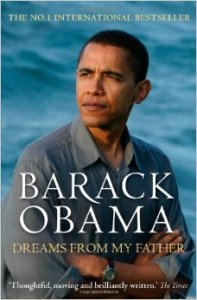The West as a whole in the early 1990s became obsessed with a ‘peace dividend’ that would be spent over and over again on any number of soft-hearted and sometimes soft-headed causes. Politicians forgot that the only real peace dividend is peace.
The book is an analysis of the international affairs by the former British Prime Minister, Margaret Thatcher. The book’s chapters are organized geographically, by country or region, but they also have some chapters on the fundamentals of classical liberalism. The analysis aims to guide and advise young politicians on a continuously changing world.
Strongly opinionated, Thatcher argues vigorously for free markets, strong military, prosperous economy, freedom of choice, limited state intervention, rule of law and British exceptionalism. What made Thatcher impressive was her 3 consecutive won elections, despite tough social measures.
The book is from 2002 and appears, in some respect, outdated. However, in many ways, the former Prime Minister was spot on in her analysis of the trends: the autocratic nature of Russia, the prosperity that free markets will bring to China, the bureaucratic European Union, the allure of social measures and strength and enterprise of the United States of America.
The volume is quite long and dense, but every chapter has at the end several main points, highlighted in a bullet-point, bold format, which makes the reading easier. many of her speeches are quoted in the book, but they are well inserted and the book is not just a collection of speeches.

While reading the book, I found myself wondering how many people will actually vote for her today. She combined a strong leader, with clear views, a well organized politician, a woman in a world of mostly men and a conservative liberal in one person. It is interesting that conservative parties, which do not have any gender quotas, but rather look at merit, brought forward most world prime ministers, to what I can remember.
I enjoyed the book, it was entertaining and timeless, pensive, intriguing at times, strong in both criticism and defending the values that she stood for. She must have been a truly remarkable stateswoman.














